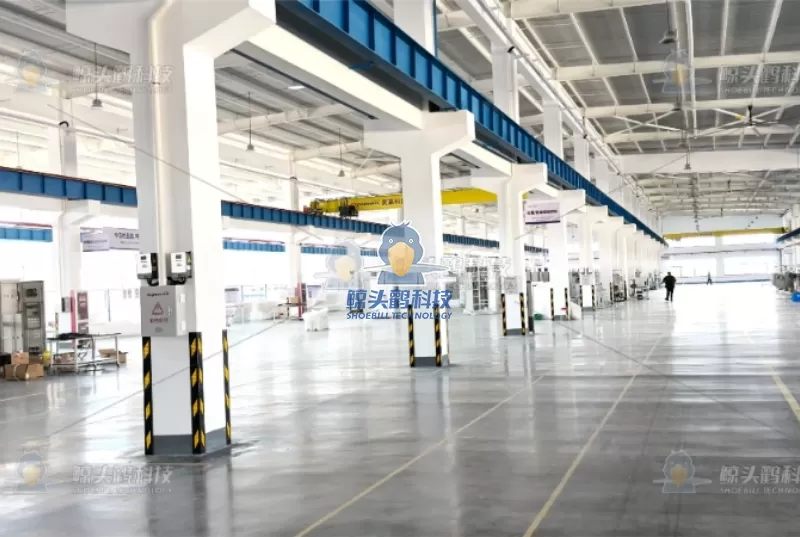Artificial Intelligence (AI) has rapidly evolved over the past few decades, revolutionizing various industries and transforming the way we live and work. As we look ahead to the year 2050, the potential of AI seems boundless. In this blog post, we will explore the multifaceted advancements that AI is expected to achieve by 2050, delving into its impact on industries, society, and our daily lives.
- AI-Powered Healthcare:
By 2050, AI will have revolutionized the healthcare industry, enabling more accurate diagnoses, personalized treatments, and improved patient care. AI algorithms will analyze vast amounts of medical data, including patient records, genetic information, and real-time monitoring, to provide precise and timely insights. AI-powered robotic surgeons will perform complex surgeries with unparalleled precision, reducing human error and enhancing surgical outcomes. - Smart Cities and Transportation:
In 2050, AI will play a pivotal role in creating smart cities that are sustainable, efficient, and interconnected. AI-driven traffic management systems will optimize traffic flow, reducing congestion and emissions. Autonomous vehicles will dominate the roads, enhancing safety and transforming the way we commute. AI-powered energy grids will intelligently manage power distribution, promoting renewable energy sources and reducing environmental impact. - Education and Learning:
AI will revolutionize education by 2050, offering personalized and adaptive learning experiences. Intelligent tutoring systems will analyze individual learning patterns, tailoring educational content to meet specific needs and maximizing student engagement. Virtual reality and augmented reality technologies, powered by AI, will create immersive learning environments, enabling students to explore complex concepts and acquire practical skills. - Ethical Considerations and Regulation:
As AI becomes increasingly pervasive, ethical considerations and regulation will be paramount. By 2050, comprehensive frameworks will be in place to address concerns such as privacy, bias, and accountability. AI algorithms will be transparent and explainable, ensuring fairness and preventing discrimination. International collaborations and standards will govern the development and deployment of AI technologies, fostering trust and responsible innovation. - AI and the Job Market:
The impact of AI on the job market will be profound by 2050. While AI will automate routine and repetitive tasks, it will also create new job opportunities. AI specialists, data scientists, and AI ethicists will be in high demand. The workforce will need to adapt and acquire new skills to collaborate effectively with AI systems. Lifelong learning and upskilling programs will become essential to navigate the evolving job landscape.
Conclusion:
In 2050, AI will have transformed industries, society, and our daily lives in ways we can only imagine today. From revolutionizing healthcare and transportation to reshaping education and the job market, AI will be a driving force behind progress and innovation. However, it is crucial to ensure that AI is developed and deployed ethically, with a focus on transparency, fairness, and accountability. By embracing the potential of AI while addressing its challenges, we can shape a future where AI augments human capabilities and creates a more inclusive and sustainable world.



More Stories
Smart Dynamic Cycling Helmet with Warning Lights for Real Roads
JK durable OLED screen for phone repair: Troubleshooting "Black Screen" and flex cable connection issues
Reducing Line Losses and Enhancing Efficiency with Sun.King Capacitors for AC Railway Power Networks